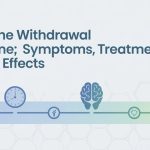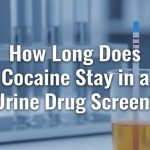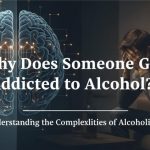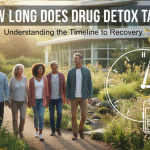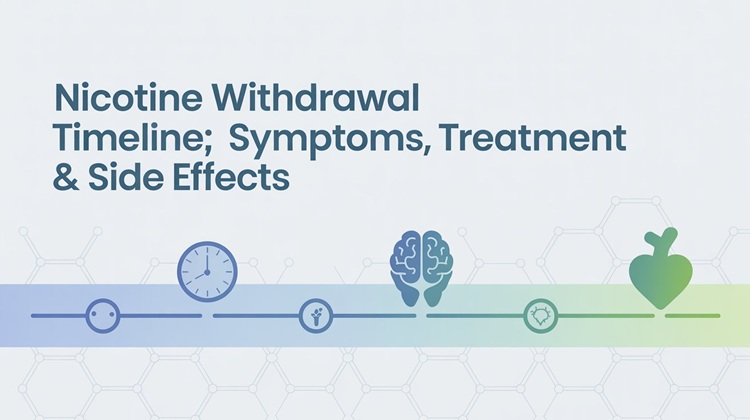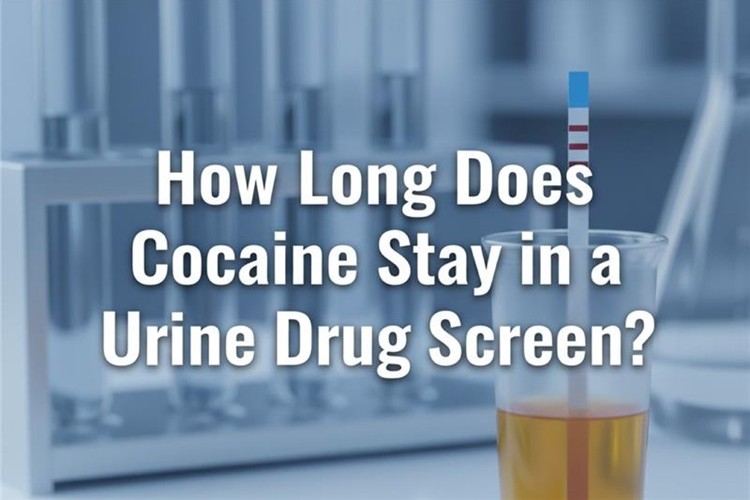What is Wet Brain?
Wet brain, or Wernicke-Korsakoff syndrome (WKS), is a brain disorder related to the chronic and acute stages of a vitamin B1 (thiamine) deficiency. When individuals undergo thiamine depletion, poor nutrition is also on the scene. Thiamine depletion is a common complication of long-term heavy drinking.
It is possible to reverse the symptoms when caught early enough. However, untreated, it can lead to muscle coordination difficulties, irreversible confusion, and hallucinations.
More About Wernicke-Korsakoff Syndrome
It is a life-threatening and severe brain disorder comprised of two conditions. The first part of WKS is called Wernicke’s encephalopathy, temporary and characterized by loss of muscular coordination, vision changes, abnormal eye movements, and confusion. The second part of WKS is Korsaoff’s psychosis, which often accompanies or follows Wernicke’s encephalopathy.
Korsaoff’s psychosis is a chronic, persistent condition that can cause remarkable memory and learning impairment. It can interfere with an individual’s ability to function normally. It originated because it must emerge commonly as a consequence of numerous alcohol abuse years.
The symptoms start from a thiamine deficiency usually associated with extended heavy alcohol use and caused by malnutrition and other diseases. About 80% of individuals with severe alcohol use disorder become deficient in thiamine. An individual must be sober when undergoing symptoms to be diagnosed with it.
Since withdrawal or medical complications are associated with alcohol use, they commonly mimic WKS symptoms. Even though estimated that only 1-2% of the general population will develop WKS, individuals who drink are at a higher risk; prevalence rates are 12-14%.
The Prognosis
Wernicke’s encephalopathy symptoms are reversible if detected and treated punctually and entirely. It’s important to understand that putting a halt to alcohol use can prevent the occurrence of brain and nerve damage.
However, memory function improvement is slow and generally incomplete. Without the proper treatment, these disorders are life-threatening and disabling.
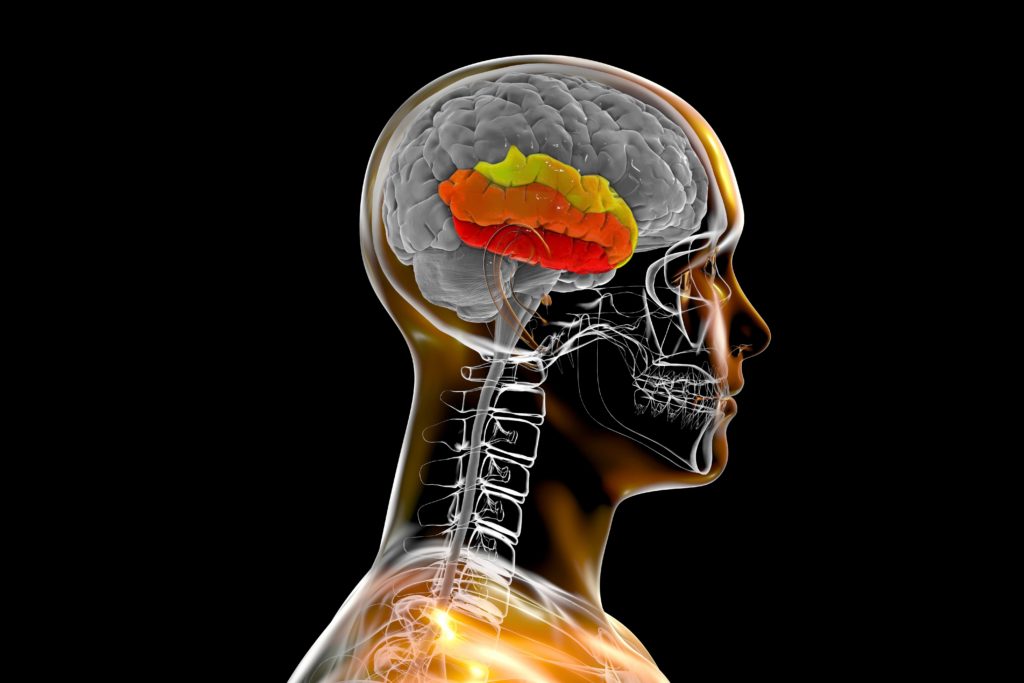
What are the Signs and Symptoms or Wernicke-Korsakoff Syndrome?
The usual symptoms of the wet brain, or WKS, can be similar to intoxication symptoms. However, the symptoms are preserved in the absence of drinking. Some of the most common signs and symptoms are the following:
- Vision changes (such as double vision)
- Loss of muscular coordination
- Abnormal eye movements
- Behavioral changes
- Memory loss
Family members might begin to notice particular characteristics develop in an individual with WKS, such as the following:
- Lies; making up stories
- Irritability and frustration
- Resistance and difficulty
Additionally, long-term mental and physical disorientation of WKS can lead to reduced consciousness, coma, or death.
Wernicke-Korsakoff Syndrome Symptoms
Wernicke’s encephalopathy (WE) is the first component of wet brain. Wet brain is a short-term neurological disorder. The three indicators of WE include:
- Loss of muscular coordination while walking or standing
- Eye movement dysfunction and vision disturbances
- Mental confusion and apathy
The nerves that control an individual’s eyes might become paralyzed in individuals who struggle with WE, leading to the following:
- Difficulty properly tracking objects
- Involuntary eye movements
- Drooping eyelids
Coordination issues cause a person to stagger around; in more severe cases, the person can lose the ability to walk. Even though there are three characteristics of WE, an individual doesn’t have to exhibit all three of these symptoms to have the disorder. Studies have showcased that several cases of WE were undiagnosed because of the lack of symptoms.
Therefore, making a holistic evaluation of a patient even more critical. When a person is thiamine deficient, WE develop. However, it’s reversible through prompt treatment to ensure more ideal treatment outcomes.
Korsakoff Psychosis Symptoms
About 80 to 90% of individuals engage in alcohol abuse to experience WE and develop this form of neuropsychiatric dementia, korsakoff psychosis. Korsakoff psychosis is a residual condition that results when WE aren’t effectively and quickly treated. It can result in harmful symptoms that affect a person’s ability to function.
Korsakoff psychosis is “alcoholic dementia” or “alcoholic amnestic disorder”; the characteristics of Korsakoff’s psychosis include hallucinations, amnesia, and behavior changes. Memory issues involve difficulties remembering past information, also known as retrograde amnesia.
Memory issues can involve trouble forming new memories, known as anterograde amnesia. Anterograde amnesia leads to confabulation. Confabulation is the formation of stories to create gaps in a person’s memory. The memory issues associated with Korsakoff psychosis happen because the brain areas that control memory get harmed.
Individuals with this disorder might not even realize that they are displaying symptoms and might show the following behavioral changes:
- Fewer emotions than normal
- Becoming apathetic
- Becoming irritable
100% Confidential Support is Available 24/7
No matter what you’re going through, you’re not alone. Our dedicated team is here to provide a safe, judgment-free space where you can talk openly and honestly. Whether you need emotional support, resources, or just someone to listen.
We’re here for you—completely confidential and always respectful of your privacy. Call us today!
How Do People Develop Wet Brain?
People develop a wet brain by a lack of vitamin B1 or thiamine. The deficiency in this vitamin can lead to serious side effects. An individual with wet brain might not be getting an adequate amount of thiamine in their diet.
These individuals might be participating in activities that can cause them not to absorb vitamin B1 properly. Thiamine is taken as an intravenous or intramuscular injection or oral supplement to reduce symptoms and restore a person’s normal thiamine levels. Additional vitamins can increase levels and help the body process them.
Increased thiamine levels can reduce memory problems and confusion in WKS patients. Likewise, increased thiamine levels can improve and increase coordination and eye function.
Contact Palm Coast Treatment Solutions
Battling with Drug and Alcohol Addition? Remember, you are not alone and we are here to help you!
How is Alcohol Abuse Connected to Wet Brain?
Alcohol abuse is connected to wet brain because, in the United States, alcohol abuse is the leading cause of thiamine deficiency. Thiamine (vitamin B1) is a crucial nutrient utilized by parts of a person’s body; to be acquired through diet. The thiamine deficiency can cause damage to the nerves, heart, and brain.
Consequently, it’s also the development of WKS. Chronic alcohol abuse can lead to thiamine deficiency through malabsorption and poor nutrition. For example, individuals who heavily drink often don’t eat a balanced diet and don’t take sufficient thiamine levels to meet nutritional needs.
Studies have shown that chronic drinkers consume thiamine at lower levels. For the body to absorb thiamine, it can pass through the gastrointestinal tract. Thiamine gets transported to the tissues of the body.
From there, absorption decreases in individuals with chronic alcohol abuse. Since alcohol and inflammation get created in the digestive tract, it makes it more difficult for the body to absorb thiamine. Heavy drinking can also make it challenging for the body to utilize thiamine in the cells and effectively process it.
Thiamine is paramount for building enzymes that play crucial roles in converting and processing sugar into energy and creating chemical messengers in genetic materials and the brain.
Overcome Addiction with Palm Coast Treatment Solutions.
Book an appointment.
What are the Wernicke-Korsakoff Syndrome Treatment Options?
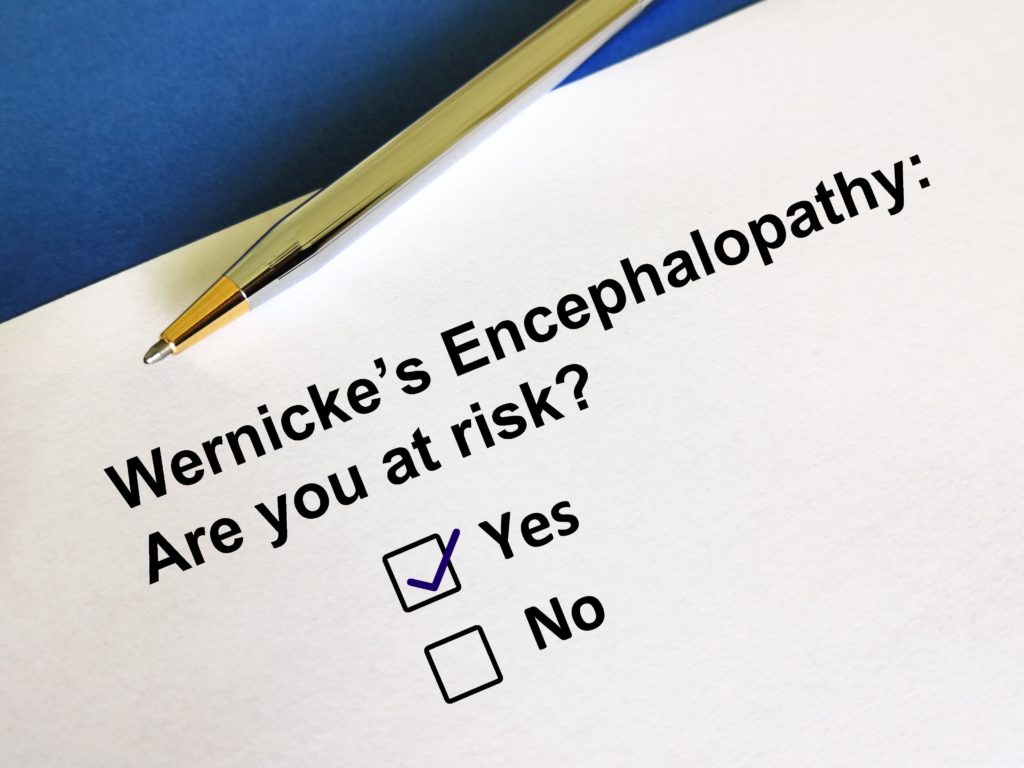
According to NIAAA research, increased nutrition levels and abstinence from alcohol have proven to reverse wet brain symptoms, hence providing Wernicke-Korsakoff syndrome treatment. It depends on the following factors:
- How early an individual begins treatment
- The severity of a person’s symptoms
- The type of treatment
Though it is rare to make a complete recovery, it does occur. Thiamine therapy will offer patients varying levels of improvement after 5-12 days. Comprehensive and research-based alcohol treatment can assist individuals in achieving recovery from alcoholism.
We take a unique approach to addiction treatment and behavioral health. Finding freedom from addiction and mental health is possible. Our compassionate approach can offer healing to substance use disorders.
We utilize evidence-based programs to provide a more well-rounded plan to heal the individual. Here at Palm Coast Treatment Solutions, we make sure to place a focus on treating any underlying mental health issues that can co-occur with substance use disorders.
Partial Hospitalization Program (PHP)
A partial hospitalization program is a popular choice for addiction treatment. PHPs are popular because they allow patients freedom and flexibility that inpatient services don’t. A person doesn’t have to stay in a treatment facility overnight. Therefore it aids in the decision.
PHPs are for those who want to continue working, attending school, or tending to their family. The partial hospitalization program is a highly intensive treatment option. Individuals have experienced significant functional or emotional challenges and substance abuse issues.
PHPs are considered comprehensive treatment programs that offer counseling and therapy in a structured setting outside the patient’s home. It often serves as the bridge between inpatient outpatient programs (IOP) and inpatient treatment. PHPs are also great for individuals who previously have completed inpatient treatment yet still require additional care.
PHP therapy can act as a transitional form of addiction therapy between residential or inpatient treatment and other forms of outpatient treatment. It functions to provide patients with structure, support, and skill development. Every rehab program encourages change through drug and alcohol awareness, insight, education, and action.
Intensive Outpatient Program (IOP)
An intensive outpatient program is a behavioral health program or addiction treatment program that requires patients to attend treatment for a couple of hours a day. About 3-5 days a week. IOPs allow their patients to live in the confront of their own homes when not undergoing treatment.
This flexibility allows patients with IOPs to keep up with the maintenance of their daily responsibilities while attending treatment. The IOPs are less intense because a great deal of it fits in a small amount of time. Therefore, you can be in an IOP while maintaining a job during the day.
Outpatient Program
The alternate option to an inpatient program is an outpatient treatment program. Outpatient treatment programs offer a great mix of treatment and convenience. It allows individuals to live in the comfort of their homes during treatment.
Furthermore, outpatient programs allow patients to experience life responsibilities and receive addiction treatment simultaneously. Outpatient programs assist individuals in making necessary changes in their lives.
Alcoholism and Wernicke-Korsakoff Syndrome Treatment
Wernicke-Korsakoff syndrome treatment is for Wernicke’s encephalopathy. It can result from:
- Dietary deficiencies
- Eating disorders
- Prolonged vomiting
- Chemotherapy effects
- Alcohol abuse
Even though both disorders are related, scientists believe they are different stages of the same condition. Wernicke’s encephalopathy represents the severe phase. Korsakoff syndrome represents the disorder progressing to a long-lasting or chronic stage.
The Wernicke-Korsakoff syndrome treatment involves proper hydration, nutrition, and thiamine replacement. Addiction therapy is necessary. Stopping alcohol use can prevent further brain and nerve damage. Our outpatient addiction treatment programs can assist with abstinence. Let’s get started; contact Palm Coast Treatment Solutions today.
References:
https://www.ninds.nih.gov/health-information/disorders/wernicke-korsakoff-syndrome
https://www.ncbi.nlm.nih.gov/books/NBK470344/?report=reader
https://www.ncbi.nlm.nih.gov/books/NBK537204/






